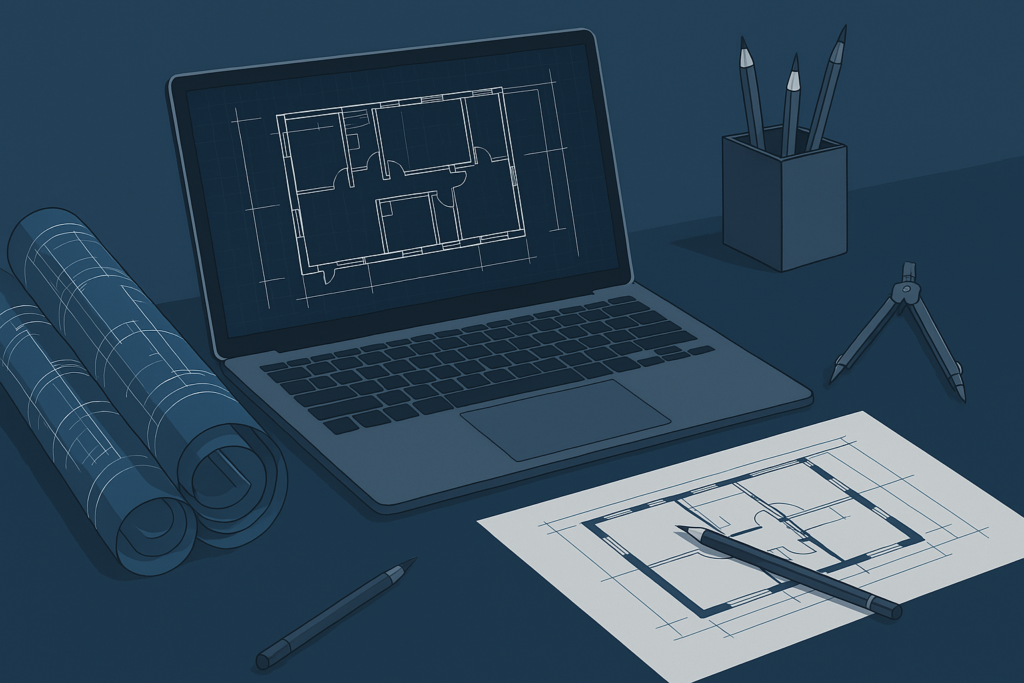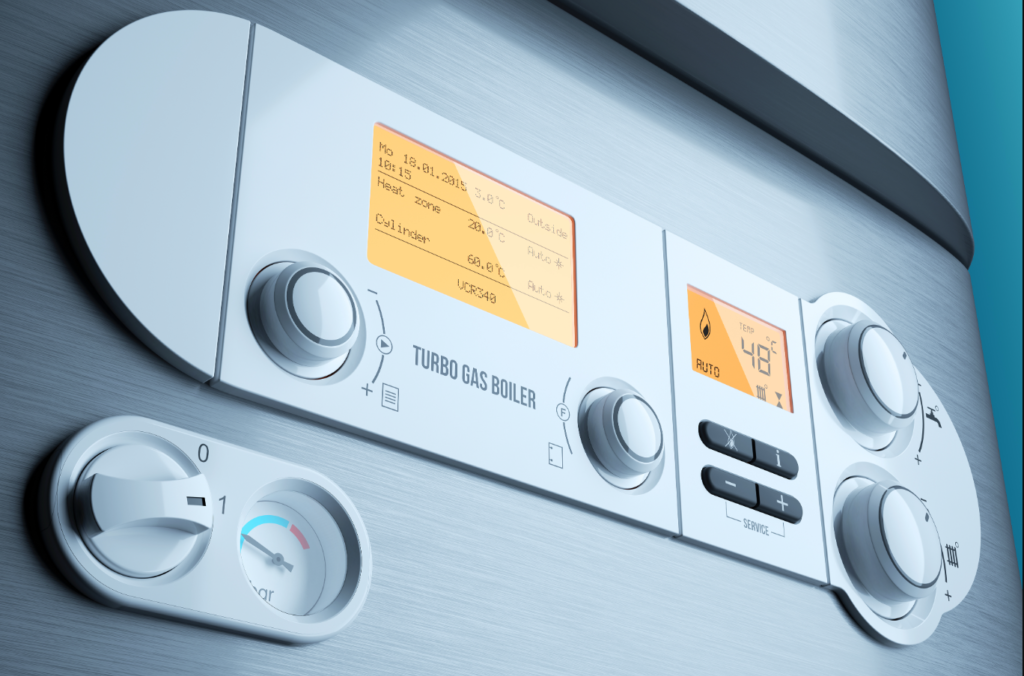The scrap yard business isn’t what it used to be. Gone are the days when piles of old cars and handwritten quotes defined the trade. Today’s modern scrap yards are powered by digital tools, smart data systems, and real-time quoting software that make everything, from car removal to payment, faster, easier, and more transparent.
In cities like Sydney, where competition in the cash for cars market is fierce, technology is becoming the biggest differentiator. Whether you run a large scrap operation or a small car removal business, going digital can transform your speed, accuracy, and customer trust.
Let’s explore how modern tools are reshaping the world of scrap yards and making “cash for junk cars” a smoother experience for everyone.
The Digital Shift: From Scrap Yard to Smart Yard
For decades, scrap yards relied on manual assessments and phone-based price quotes. But as the demand for quick service and instant payments has grown, the industry has had to evolve. Modern scrap yards in Sydney are adopting software platforms that automate the most time-consuming tasks, from vehicle evaluation to inventory management.
These digital systems use real-time market data, metal prices, and vehicle condition metrics to provide instant quotes. That means customers can know exactly how much their old or damaged car is worth within minutes without long calls or guesswork.
For businesses, it’s a win-win. Quoting becomes more accurate, turnaround times shrink, and staff can handle more customers in less time.
1. Smart Inventory Management Systems
A typical scrap yard deals with hundreds, sometimes thousands, of parts every week, engines, doors, batteries, and scrap metals. Keeping track manually can be a nightmare.
Modern yards now use digital inventory tools that automatically log each part as soon as it’s removed from a vehicle. Barcode scanners, RFID tags, and cloud-based software keep everything organized.
This means that when someone calls looking for a used Toyota bumper or a Honda alternator, staff can check availability instantly. No more digging through piles or flipping through paper records.
It also reduces waste as every usable part gets documented, resold, or recycled efficiently. And since all data is stored digitally, audits and compliance checks become much simpler.
2. Instant Quoting Platforms for Cash for Cars
The biggest game-changer for cash for cars Sydney businesses is real-time quoting technology. Instead of waiting for manual evaluations, customers can now get an offer in seconds. Below’s how it works:
- The customer enters basic information like vehicle model, year, condition, and location.
- The system pulls current scrap metal rates and parts values.
- It instantly calculates the best possible price.
This not only saves time but also builds trust. People know they are getting a fair deal based on current market data.
For cash for junk cars services, it also means less negotiation and faster pickups. Once the quote is accepted, a nearby tow truck can be automatically dispatched for car removal, usually within the same day.
3. Cloud-Based Communication and Tracking
Communication is at the heart of modern business, and scrap yards are no exception. Cloud-based CRMs (Customer Relationship Management tools) now allow scrap yard teams to track every customer interaction, from the first quote to final payment. These systems also send automatic updates and reminders. For instance:
- “Your car removal is scheduled for today at 3PM,”
- “Payment of $450 has been processed to your account.”
This kind of transparency gives customers peace of mind. They no longer have to chase updates or worry about delays. Everything happens with just a few taps making the entire cash for cars process smoother and more professional.
4. Digital Payment and e-Receipts
In the past, many scrap yards relied on cash payments on paper receipts. Today, digital transactions have become the norm.
E-payment systems like PayID, bank transfers, or mobile payment links ensure that sellers get their money instantly and securely. It also reduces the risk of handling large sums of cash on-site.
Electronic receipts add another layer of trust. Customers receive an instant confirmation of payment, complete with transaction details, improving transparency and professionalism.
5. Data Analytics for Smarter Decisions
One of the most underrated benefits of digital tools is data analytics. Scrap yards can now analyze trends such as which car models come in most usually, which parts sell fastest, and when demand spikes.
This data helps owners plan smarter: stocking up on popular components, adjusting prices dynamically, and forecasting business growth. In short, it turns the traditional scrapyard into a data-driven enterprise.
The Bigger Picture: Sustainability and Smart Recycling
Technology is not just about efficiency but it’s also about sustainability. By digitally tracking materials and optimising recycling workflows, modern scrap yards are reducing waste and maximising recovery rates.
Old vehicles are not just junk anymore but they are valuable sources of metal, electronics, and reusable parts. Digital tracking ensures that every element finds a purpose, minimising landfill waste and supporting Sydney’s push toward a greener economy.
Conclusion
The cash for cars industry in Sydney is undergoing a quiet revolution. WIth instant quotes, digital payments, and smart inventory systems, scrap yards are becoming faster, cleaner, and more customer-friendly than ever before.
For anyone running a cash for junk cars or car removal business, investing in digital tools isn’t just a tech upgrade but it’s the key to staying competitive. In an industry that once ran on muscle and machinery, it’s now the clicks and codes that keep the engines running.



